
- •Spare time hobbies
- •Vocabulary
- •Hobbies
- •Verbs and Verbal Phrases
- •I. 1. Look through the following sayings and try to comment on the problems to be discussed.
- •2. Read the text, filling in the gaps with the words from the box. Name the most characteristic pastimes of the British, compare them with those of the Belarusians.
- •3. Here is the list of some activities different people devote their leisure to. Look at the pictures and match the pictures and the activities.
- •5 . Look at the two pictures and match the list of words with each picture.
- •6. Use the information in the box and speak about these people and their likes/dislikes.
- •7. You’re going to read the text. Express your point of view on a variety of hobbies. What does the choice depend on? Replace the underlined words by the synonyms given in the box.
- •A hobby is a favourite pastime of a person. Hobbies differ like tastes. If your have chosen a hobby to your liking, lucky you are: you have made your life more interesting.
- •8. Express your points of view on:
- •9. Read the text choosing the right form of the words and say why people collect things.
- •10. Ask your partner and learn his/her interests. Use the model and prompts.
- •11. You want to know if your partner takes any hobbies: if ‘yes’- ask ‘why’.
- •12. Match the parts of the dialogues. Act out the dialogues.
- •Making suggestion
- •What about }Do you feel like going to the pictures?
- •Well, I’d rather go to the exhibition (bar, disco).
- •II. Problem Solving.
- •Jogging Alone
- •Travelling and holidays
- •Vocabulary
- •Verbs and Verbal Phrases
- •I. 1. Look through the proverbs and statements and try to outline the problems to be discussed.
- •2. In the box some words are similar in meaning but different in use. See whether you can identify this difference and compare your answers with your group mates.
- •3. You’ve got some information on the problem of travelling. Speak of the characteristic features to your desk mate. Replace the underlined parts by the synonyms given in the box.
- •4. In this advertisement some prepositions have been rubbed off while printing. Insert them instead of dots. Eurolines
- •6. Read the information about these people’s holidays. Make notes about your next holiday.
- •8. Make notes about the advantages and disadvantages of travelling by different means of transport. Then write a text similar to the one above, giving your own opinion.
- •9. In these two dialogues find the following information:
- •1) Complete the first dialogue. Catching a train
- •11. Discuss these questions with a partner.
- •Seaside hols still tops
- •12. Continue each piece by adding a few sentences in accordance with some opinions of the problems touched upon in them.
- •13. Share your ideas on the following problems with the rest of the class. Try to be as persuasive as possible.
- •Travelling Text I
- •Text II
- •Text III
- •Dialogue
- •The arts
- •Vocabulary
- •Verbs and Verbal Phrases
- •I.1. Look through the quotations and try to outline the problems to be discussed.
- •2. The theatre is one of the most complex of the arts. Complete the list of specialists required for its creation .Using the words from the box:
- •3. Some people are speaking about their visit to a theatre performance. Look up and say which theatre they’ve visited. Why do you think so? Which theatres have you ever visited?
- •4. These words have been left out of Nick’s theatre visiting story below. Say where they go and retell Nick’s impressions to your group mates:
- •5. Restore the telephone call and say what the girls are planning for tomorrow.
- •6. Work in pairs. Your British friend offers you to join him (her) in visiting one of London theatres. The “London Theatre Guide” will help you to choose where to go.
- •7. Look through the dialogue and say why Mr. Smith didn’t manage to see a theatre performance.
- •8. Let’s phone to the book-office and try to reserve tickets. The table given above will help you. Talking About Performances
- •What’s on at the Cinema Today?
- •10. Use these questions to have a conversation with your partner.
- •11. Read the below columns and analyze the following types of films.
- •12. Work in pairs. You’ve managed to see a theatre performance and a new film at the cinema with your friends. Share your impressions using:
- •13. Find and read aloud those parts of the texts which express the viewpoints given below.
- •14. Work in groups. Arrange your own material about the latest films you think to be popular. Make a presentation of the films you have chosen.
- •15. Gather material for your article a Theatrical Minsk. Present your material to the group. Connecting Museums
- •16. Find the following information in the text and write the number of the museum(s) (see on page 35) beside each question. In some cases you have to write more than one number.
- •17. Work in pairs Discuss these questions: These words and phrases are sure to help you to express your idea.
- •18. Match the following genres of painting with their definitions:
- •19. Examine the picture by Rembrandt “Baertje Martens”(c, see on page35) and arrange the sentences to restore its description according to the plan given below
- •20. Some word combinations have been left out of the following descriptions (See on page 35) and put each of the following word combinations in its correct position in the passages below.
- •1 A
- •3 C
- •21. Have you ever seen the world-famous paintings given below? Will you describe them?
- •The sounds of Music
- •22. Music can be described in different terms. Put each word into one of these categories:
- •23. A. Look through the descriptions of things you can do with music and try to guess the meaning of the words in bold type.
- •25. Prepare your own questionnaire to interview a pop star. Run your interview and get ready to make a report summing up the answers.
- •26. Go through the interview that follows and be ready to speak about your favourite musician.
- •27. Look at the photos (pictures) and speak about your impressions on visiting a theatre (cinema, concert, exhibition). What role does music (theatre, cinema) play in your life? For ideas:
- •Reading: pleasure or work.
- •28. Go through the interview that follows.
- •30. Answer the following questions:
- •31. Are you a book expert? Check up yourself. Put each extract into one of the categories.
- •32. Speak about your reading habits. These words are sure to help you.
- •33. Use these questions to have a conversation with your partner.
- •Comprehensive Prolonged Project
- •Supplemetary material Holidays and How to Spend Them
- •Why Not Stay at Home?
- •The wallace collection
3. Here is the list of some activities different people devote their leisure to. Look at the pictures and match the pictures and the activities.
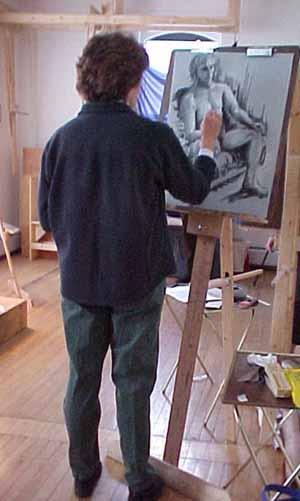
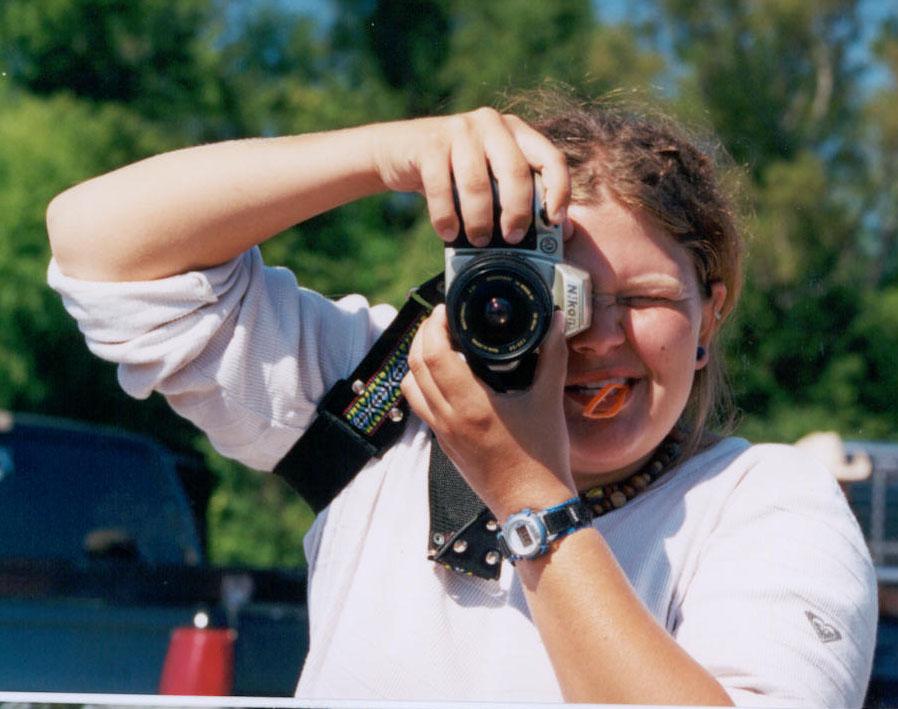
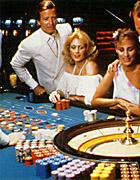
4 5 6
Dancing
Taking photos
Collecting
Parachuting (sky diving)
7
Playing cards
3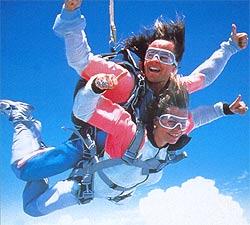
Gambling
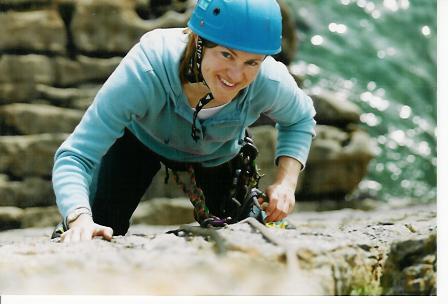 Growing
plants
Growing
plants
Doings crosswords
8
Jogging
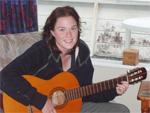 Swimming
Swimming
Fishing
2
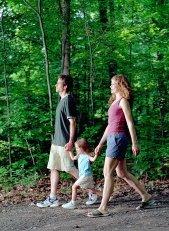
1
9
Express your point of view on the advantages of each activity or recreation.
Tell your partner which of the mentioned in EX.3 activities you like and which of them you dislike. Why? Use the prompts.
|
I’d love to, I’m interested in, I’d prefer, I enjoy, I am keen on, I hate, I am not fond of, I am bored by, I can’t stand. |
BECAUSE
|
appreciate results, cope with, acquire new skills, make use of, enjoy energetic activities, joyful, fascinating, boring, pleasant. |
5 . Look at the two pictures and match the list of words with each picture.
Fresh air,
entertainment, relax, improve health, cooperate with others, lose
weight, more energy, interesting, learn new
information,
educate, make friends, exercise, be up to smb’s liking.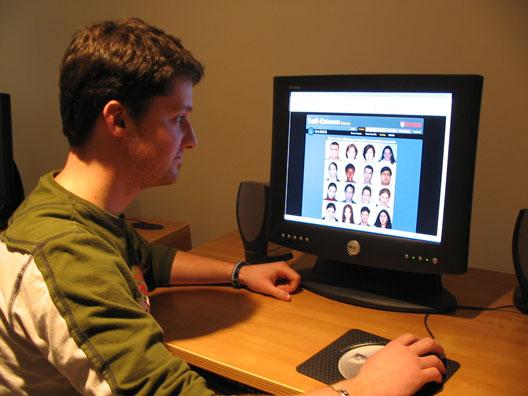
C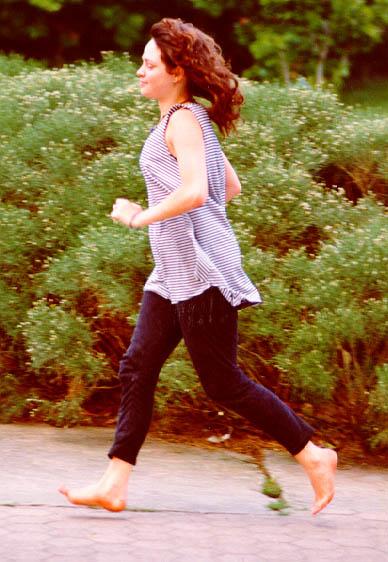 ompare
the two activities. Use the model:
ompare
the two activities. Use the model:
I’m fond of playing computer games because it’s up to my liking. But I have less opportunity to improve my health.
Make comparisons by analogy. Compare:
watching TV and hiking
dancing at discos and going outdoors
gambling and doing sports
6. Use the information in the box and speak about these people and their likes/dislikes.
|
Names |
Susan |
Brian |
|
occupation |
Unemployed for year |
Computer operator |
|
personality |
Cheerful, outgoing, enjoys talking to people |
reserved |
|
Activities preferences |
outdoor |
indoor |
Choose which of the following activities would suit these people’s tastes/characters:
Taking photos, reading, cooking, joining a walking club, doing some voluntary work, taking up yoga, taking up “do-it-yourself”
Prove your choice.
7. You’re going to read the text. Express your point of view on a variety of hobbies. What does the choice depend on? Replace the underlined words by the synonyms given in the box.
-
Taste, popular, collects, opportunity, leisure, activity, fascinating, includes, amateurs, exciting.
A hobby is a favourite pastime of a person. Hobbies differ like tastes. If your have chosen a hobby to your liking, lucky you are: you have made your life more interesting.
Numerous hobbies are: doing thing, making things, collecting things and learning things.
The most known of all hobbies is doing things. It consists of a wide variety of activities, everything from gardening to travelling and from chess to volleyball. Gardening is one the oldest man’s hobbies, especially in some countries. Computer games are becoming more and more popular hobby among young people. Almost everyone gathers something at some period in his life: stamps, coins, matchboxes, books, records, etc. Making things includes drawing, making sculptures, designing costumes. Some hobbyists write music.
No matter what kind of hobby a person has, he always has the possibility of learning from it. Learning things can be the most interesting aspect of a hobby.
